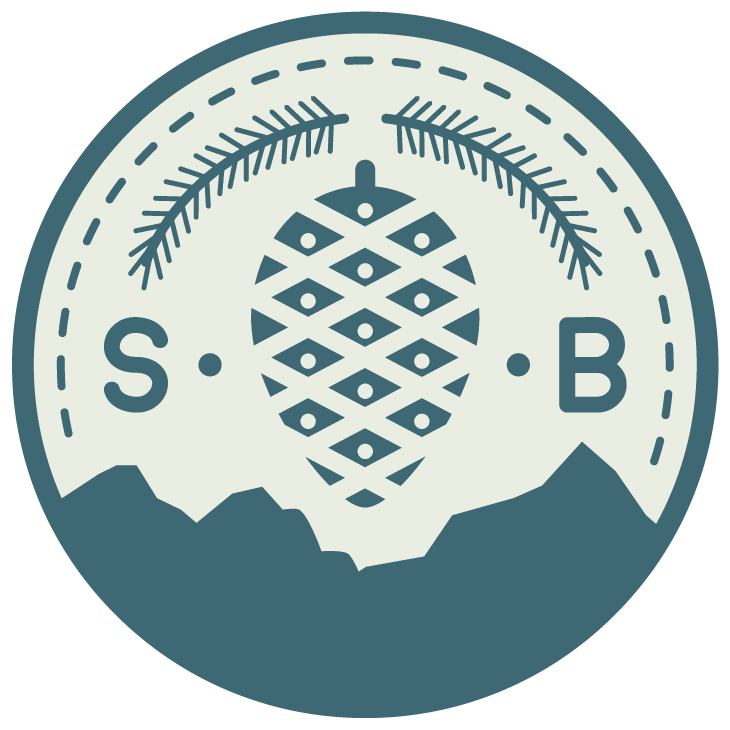Cultivating Peace in a Chaotic World
Life as we know it is collapsing in on itself. Or, at least, that's how I feel on the days that I'm glued to my various news and social media feeds. It can really seem like we live in an era uniquely prone to catastrophe and human suffering when we number these calamities off one by one.
There's the war in Ukraine, the subsequent grain shortage, and record-high fuel prices that will make that food even more expensive... Oh, and let's not forget about the droughts making it even more scarce.
Oh! And whatever you do, don't check your portfolio today. While totally not checking your portfolio, you get yet another news notification. Wtf is monkeypox? Performs Google Image search. Oh god no...
When can we catch a break?!
While all the world's problems seem overwhelming, the way you process them is completely within your control. As the Buddha once said, pain in life is inevitable, but suffering is not. Pain is what the world does to you, while suffering is what you do to yourself. It sounds kind of like a cheap mental cop-out, absolving you from feeling any empathy toward those impacted by these crises. That is not the case.
It is possible to be aware of what is going on in a healthy way that doesn't impact your mental health (and sometimes physical health) in an overly negative way. Awareness certainly trumps ignorance, but once we reach that saturation point where we start losing sleep, it's time to dial it back a bit. These four mental exercises have helped me to keep up with world events without becoming completely overwhelmed by them.
“While tumultuous world events seem more common, they only appear that way because we are more informed than ever.”
1. Try to ground your perspective of the world in reality.
While tumultuous world events seem more common, they only appear that way because we are more informed than ever. In fact, we are constantly bombarded by social media and news notifications daily. We literally have a direct feed of everything going on everywhere all the time. It's easy to get hooked into this feed, especially right as a new event is unfolding. We are entranced by moments like these. Part of the interest lies in staying informed so we can make decisions to adapt, but the other part lies in that morbid curiosity that compels us to slow down and look at a car crash. One is necessary while the other is not.
2. Recognize the amount of control you have over these events.
When a micro-level event happens, such as a wildfire or a flood, we can do things like donate to charities that will support those affected. In some cases, we can even help out on the ground. However, when it comes to a macro-level event like climate change, we can only do our part as an individual and hope the governments of the world make the necessary legislative changes that can have a larger impact. It is mostly beyond our control. We must accept that and continue to live life as best we can, making our small contributions where we can and without fear ruling us to the point we can't sleep at night.
3. Don't overindulge in media that harm you rather than inform you.
There is a big difference between reading about what's going on in Ukraine and seeking out images and footage beyond what is necessary. I'll be the first to say that some of these images are important for all of us to see, but there is a certain saturation point where you are quite literally traumatizing yourself. A 2014 study revealed that frequently viewing graphic images in news reports on events like terrorism and war could put one at a higher risk for anxiety, depression, or PTSD. Don't get trapped in a doomscroll filled with horrors that you can't unsee to the point that it impacts your mental health.
“If you feel that your consumption is impacting your mental health, consider establishing boundaries.”
4. Establish healthy media hygiene.
As someone who is no stranger to that demon called insomnia, I try to maintain a hard media shutoff after dinner for my own sanity. If you feel that your consumption is impacting your mental health, consider establishing boundaries. Set certain times in stone for catching up on world events, like over coffee in the morning, at your lunch break, or maybe even hold off altogether until the weekend.
Cut down on the notifications. I recently limited my news notifications to Reuters so I can stay informed on big developing events, but I'm not getting buzzed from five different outlets over the same story. Importantly, Reuters is also about as unbiased as they come. Stick to wire services that report known facts rather than sensationalist commentary designed to work us up into a frenzy.
Perspective brings peace.
These many unfolding tragedies should not be ignored or trivialized, but they also shouldn't be obsessed over to the point that it's all you can think about. You can be a well-informed individual without allowing your mind to be a martyr for the cause. While the world may seem like it's crashing down around you, a deep breath and a quick slap will snap you back into the present moment, wherever you happen to be standing in the world. Savor that moment because it's true that others can't. As someone removed from the catastrophe of the day, it's important to recognize and appreciate the privilege of peace when we have it. ◉
Written by Seth Barham


